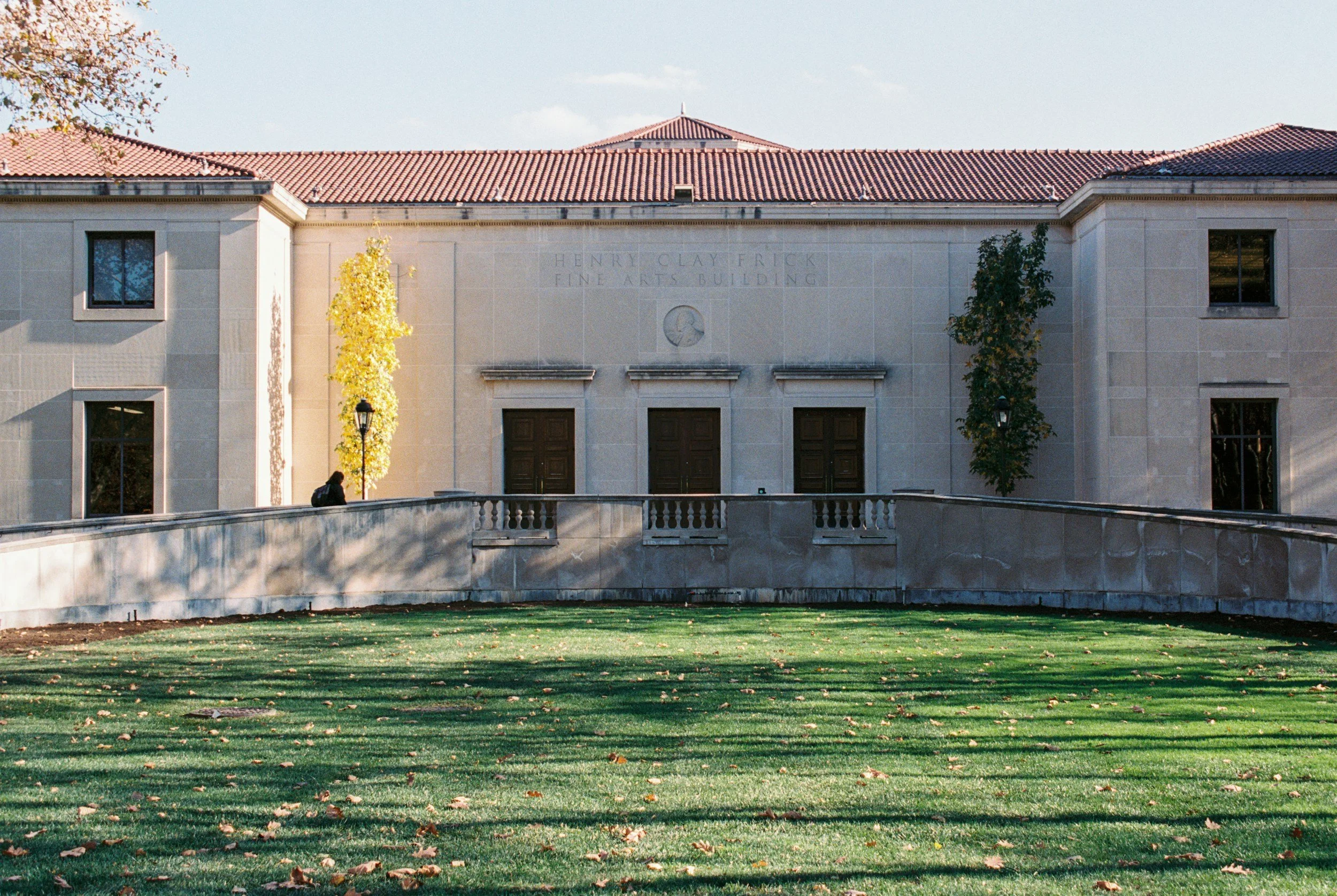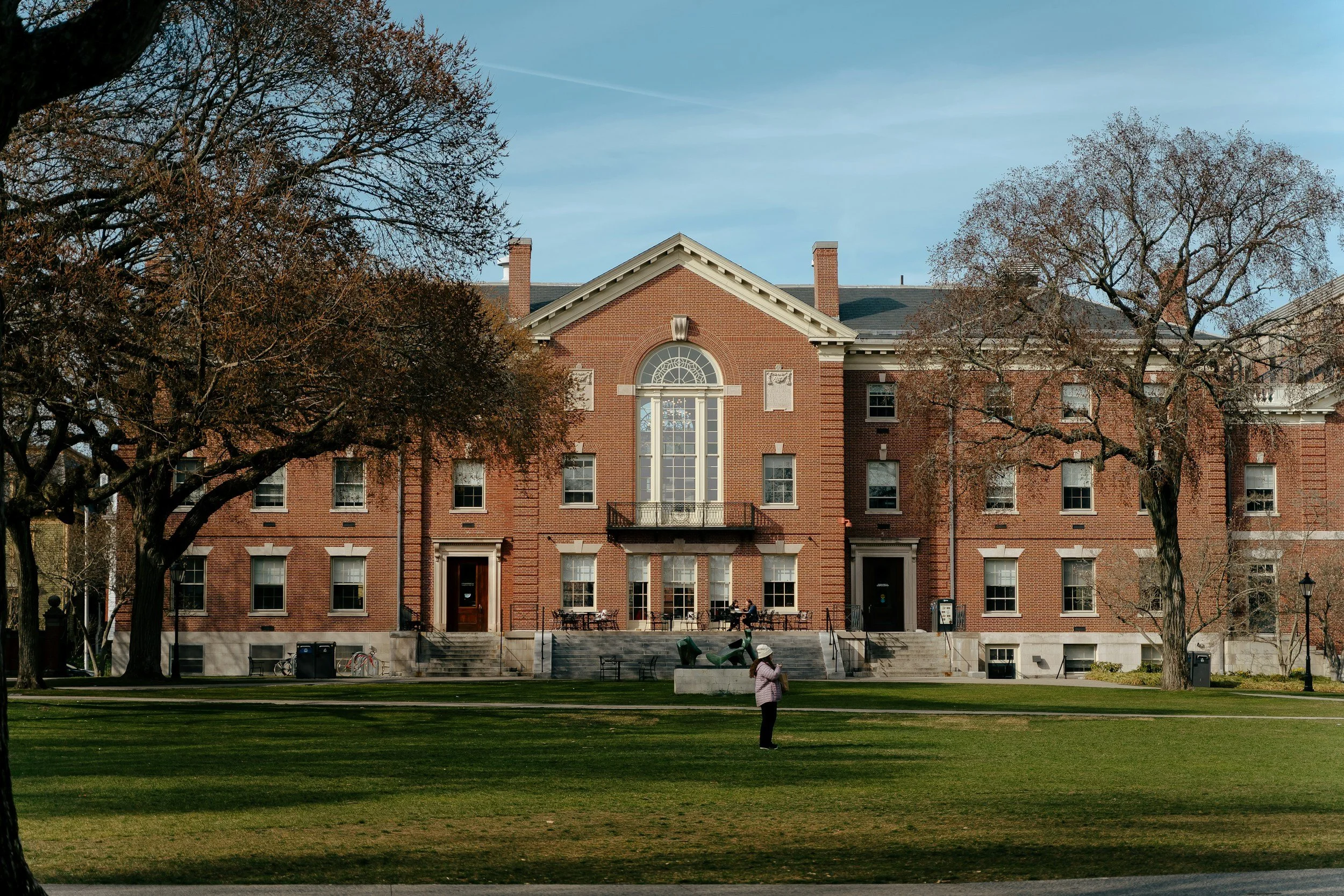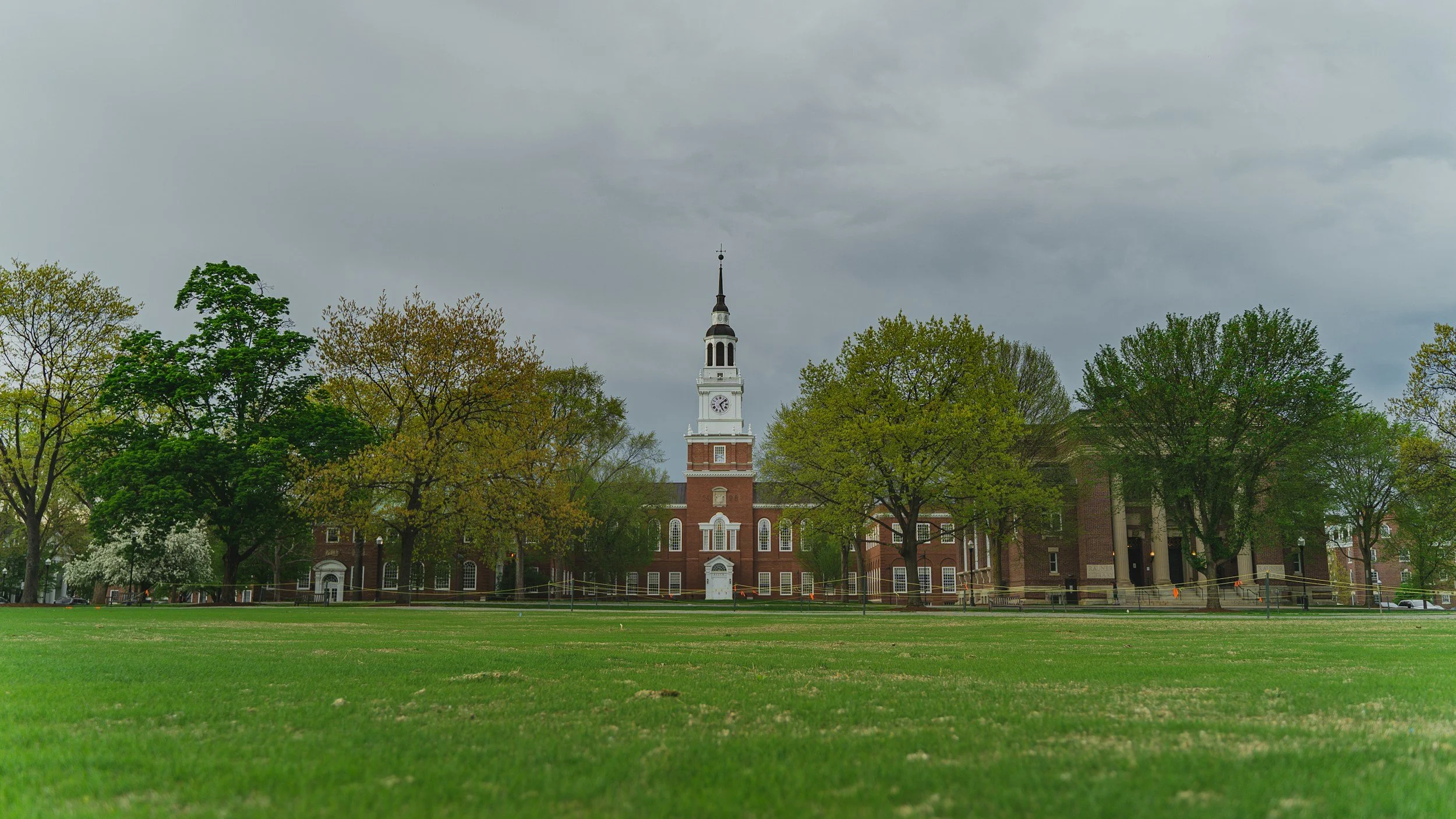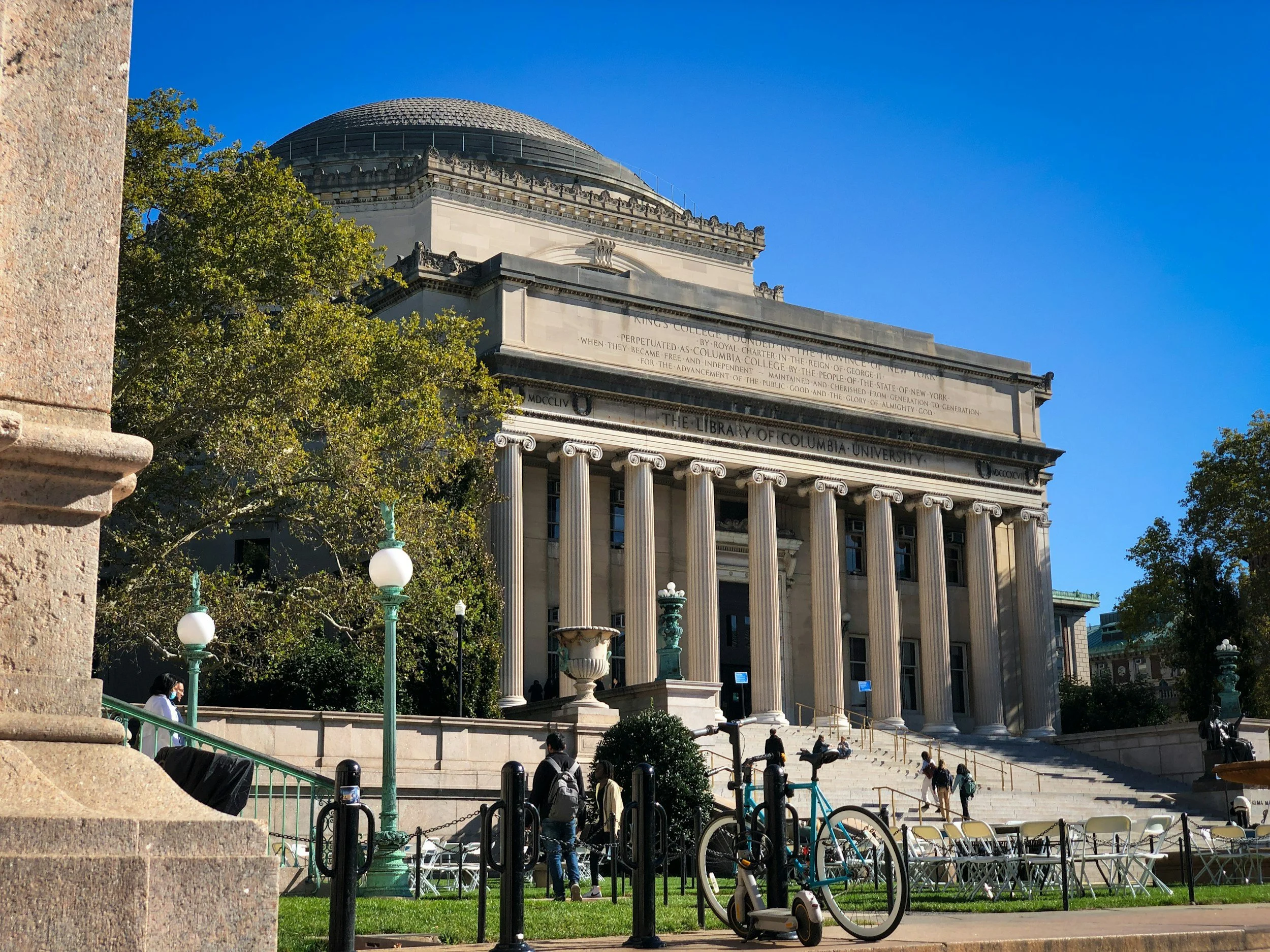Why Junior Year Is the Most Important Year for College Admissions
Junior year, including the summer that follows it, prior to the fall of senior year, is the most important year in college admissions. It is during this period that colleges are best able to gauge a student’s intellectual and social aptitude for college life. Most early decision applications are due between October 15th and November 1st, with decisions released between December and January. Because of this timeline, colleges primarily base their decisions on junior year performance, not senior year, since final senior grades are not yet available.
Although senior year is, in theory, the year when students can take the most rigorous and challenging classes, having completed the greatest number of prerequisites, admissions officers rarely rely heavily on senior grades. This is partly because they would be forced to extrapolate predictive insights from an overwhelming number of quarterly grades of partially completed classes, which they simply lack the resources to. With junior year, by contrast, admissions officers have access to a full year’s worth of grades and activities, making evaluation more straightforward and consistent. It makes their lives easier.
Additionally, the cultural phenomenon of "senioritis" — where students intentionally slack off — further complicates evaluating senior year performance. Admissions officers seek to compare applicants on a level playing field. Because there is a universal understanding that junior year is the most important academic year, colleges can reasonably assume that two students' junior year performances represent their best efforts. Senior year, however, is less reliable; it becomes harder to discern which students are maintaining their efforts and which are coasting. As a result, a student’s senior year performance often mirrors their true college readiness less accurately than their junior year performance does.
Moreover, the demands of the college application process during senior year muddy the waters even further. Admissions officers want to assess students during periods of their academic careers that mirror what they will experience in college. Nowhere in college, not even when applying to graduate school, are students asked to write dozens of personal essays in such a condensed time frame. Thus, the application process itself distorts what senior year should ideally reflect, making it an imperfect simulation of college life.
This does not mean senior year does not matter. First-quarter and first-semester grades still carry significant weight. Colleges can see the full list of senior year classes a student is taking and will carefully evaluate the rigor of that course load. Course rigor is just as important as grades. For this reason, I strongly advise students to take the most challenging classes available during senior year and to maintain a full course load.
The purpose of this article is not to discourage students from trying their best in senior year. Rather, it is to emphasize that junior year must be given everything a student has. A strong senior year can certainly help an application, but it cannot undo the damage caused by a weak junior year. Students should not make missteps during junior year under the false belief that they can fix them later. The stakes are simply too high.
If you need help ensuring you hit all of the right marks during your junior year, schedule a complimentary consultation with a college admissions expert today.































